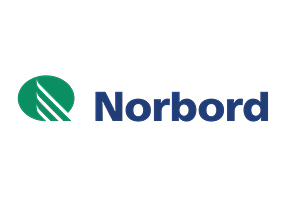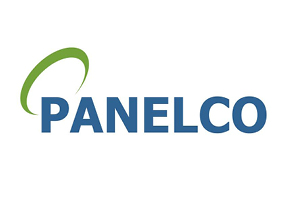24 April 2017
Private housing fuelling construction growth

Private house building and growth in infrastructure activity are fuelling growth in construction output, according to the Construction Products Association (CPA), offsetting declines in commercial offices, retail and industrial factories.
The CPA forecasts construction output to rise by 1.3% in 2017, 1.2% in 2018 and 2.3% in 2019, with, once again, major infrastructure projects the key driver of growth. But, it warns, this covers the period during which the UK will leave the EU and, as a consequence, is subjected to a higher degree of uncertainty.
Private housing starts are expected to rise by 3.0% in 2017 and 2% in 2019. In early 2017 house price inflation slowed but was still positive. Nationwide reported that UK house prices rose 3.5% in the year to March. Major house builders have been sustained by Help to Buy, which accounted for 39.8% of home sales in 2016 Q4.
They remain positive about prospects for the general UK housing market going forward but, as ever, are able to respond quickly to changing market circumstances. As result, the CPA forecasts that private housing starts will grow this year, which takes account of a sharp fall in starts in Central London prime residential, which continues to suffer from a vast oversupply.
Output in the commercial sector rose 8.5% in 2016 and it is expected to continue to grow in the first half of this year. However, new orders in the second half of 2016 fell by 10.5% compared with a year earlier and, following a 12-18 month lag, this is expected to adversely impact sector activity on the ground from the second half of this year.
In line with previous recent forecasts, the infrastructure sector is expected to be the key driver of the construction growth going forward. Overall, in the sector, output is expected to increase by 7.3% in 2017, 11.1% in 2018 and 12.8% in 2019.
The education construction sector is expected to grow between 2017 and 2019. The key driver of growth is likely to be privately-funded activity on universities with major programmes in London, Manchester, Cambridge and Glasgow in addition to a vast array of other expansion programmes by other universities.
- Members can download the full Spring 2017 report for free.























